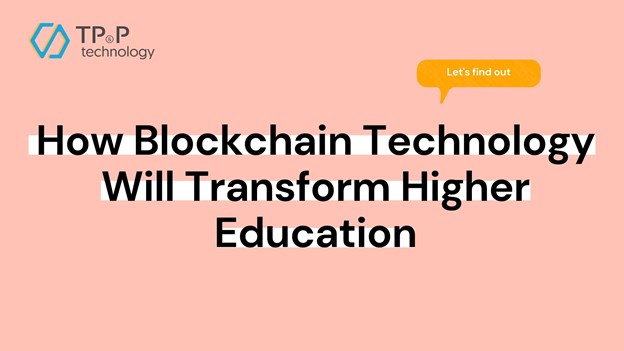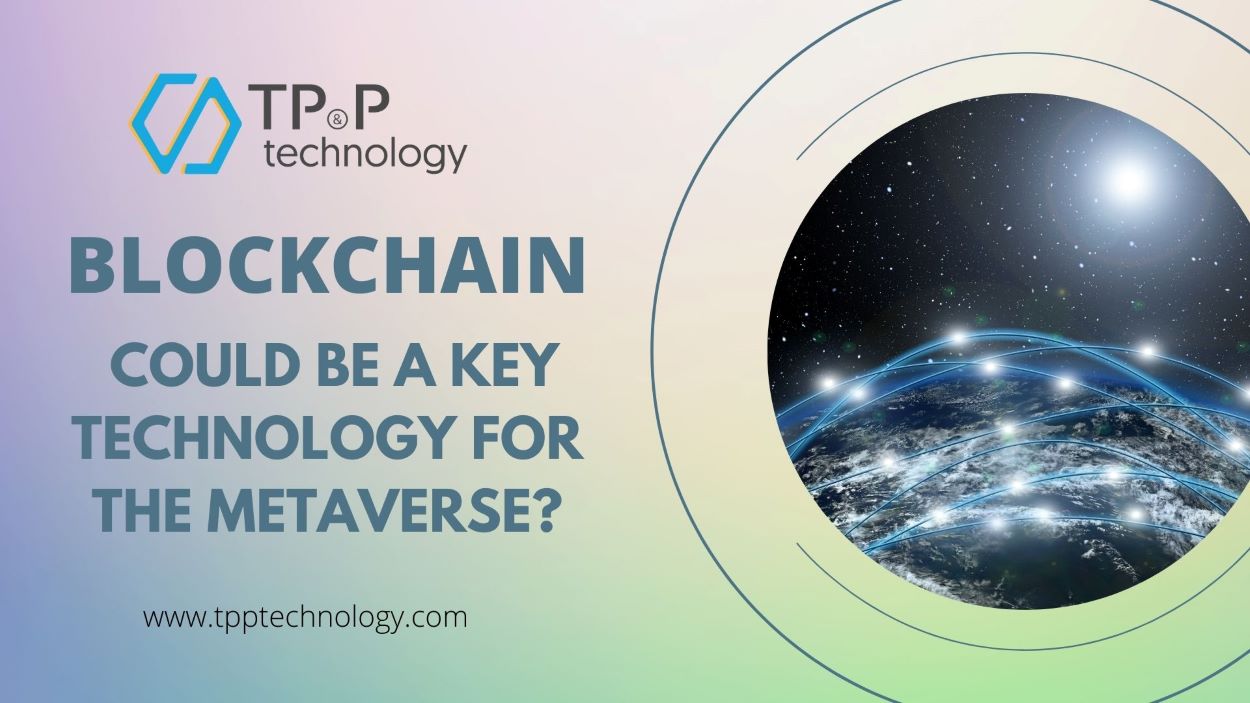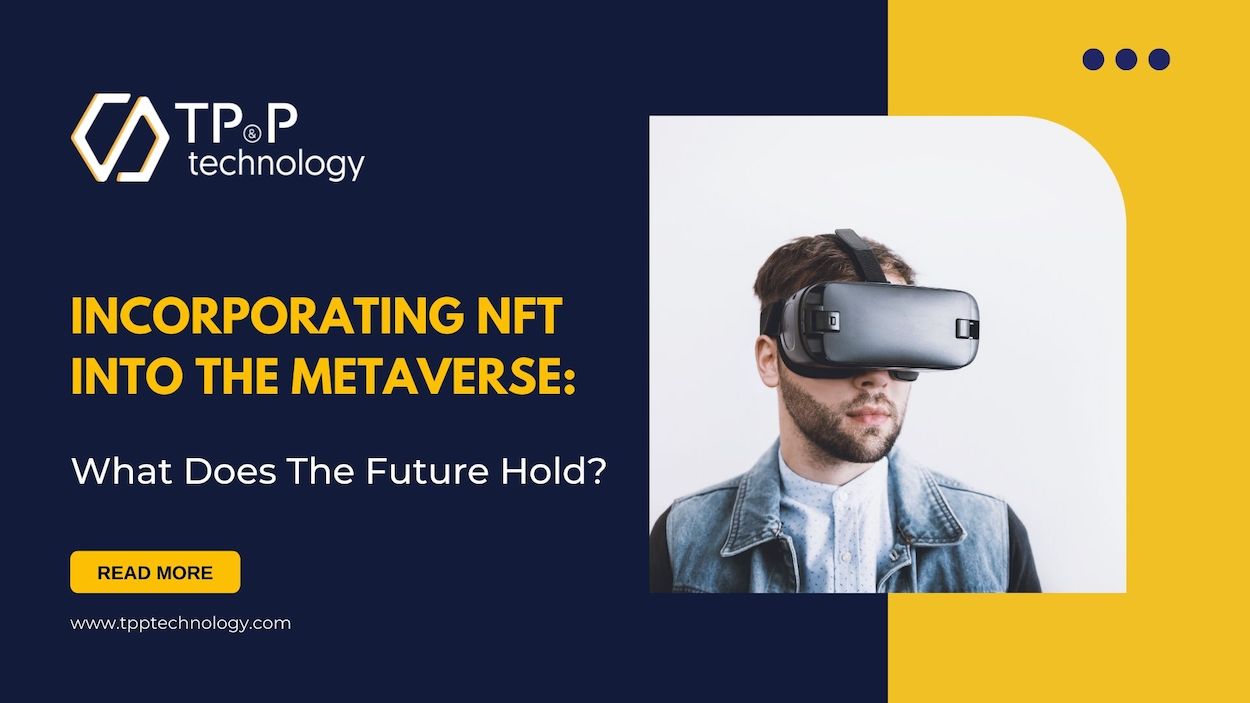
How Blockchain Technology Will Transform Higher Education
In 2017, the University of Melbourne has been one of the pioneers in using blockchain technology to issue digital credentials, allowing students to share their verified copies of qualifications with potential employers and other third parties in one tamperproof system (MyEquals). Many other higher education institutions, later on, have also utilized the technology to keep records of degrees, certificates, and diplomas, including RMIT, Deakin, La Trobe, Monash, the University of Queensland, etc.
While using blockchain technology to store digital records of degrees, certificates, and diplomas is the main use of blockchain in the higher education industry, there are more than that!
In this blog post, we’d like to discuss 4 ways blockchain can totally disrupt the whole education industry.
Record keeping
As mentioned above, the main use of blockchain in higher education is to transform the way education institutions keep records. Let’s explore more about what do digital credentials mean for education:
The power of digital experience is undeniable. Parents and students are expected to be involved in the digital world since we all know the importance of technology nowadays; therefore, expectations are shifting about how educational experiences, teaching and learning methods, the approach, and formats; new behaviors, and expectations from our digital existence are escalating.

The rise of edTech has started to take place in every school, from elementary to high school, to higher education and vocational education, resulting in the rise of digital certificates and badges. If years ago, we had to make copies of whatever certificates we had and went to a third-party organization to verify them, now with the development of technology, the process has become so much easier, faster since it allows students to showcase their digital badges and certificates in just one click.
Blockchain has the ability to enable educational institutes to issue their certificates and learners can have all controls of their credentials, without the need for an intermediary to authenticate them. Moreover, it can also a natural fit for solving all intellectual property management problems since blockchain technology can determine if one idea is unique, and register IP assets, and copyright, etc.
Increase efficiency in existing business processes
Blockchain-based university qualifications are a great leap, but there is more to that, and one of the ultimate use cases of blockchain in this sector is the creation of a virtual transcript or record of all educational achievements throughout one’s lifetime.
Imagine if there is a blockchain-based system that all universities or registered businesses are authorized to access, they can view all students’ qualifications and achievements, this reduces CV fraud, streamlines students transfer between universities processes, and decreases the overhead related to qualification verification.
Create a new sector for digital assets
Processing student payments is an intensive progress that involves all stakeholders such as students, parents, scholarship-granting agencies, government, educational institutions, financial institutions. However, there is a chance in the future that cryptocurrencies in blockchain technology can be applied to be a student payment method.
The King’s College in New York City was the first accredited US institution to accept bitcoin as payment in 2014. According to U.S News, after King’s College movement, a number of other international schools have done the same. There are many beliefs that Bitcoin is better than conventional currency, some of which are less volatile than cash, it is digital and decentralized, no exchange values and no third party interventions, impossible to duplicate bitcoin, a great way of maintaining records for tax purposes, etc.
Disruptive Business Model
While blockchain technology used in higher education is mainly about record-keeping and efficiency, the true disruptive power lies in creating new business models.
Founded by a group of academics from Oxford and Cambridge University, Woolf University is the first nonprofit, borderless, and blockchain-powered higher educational institution. Its business model will rely on blockchain and smart contracts as a basis of the relationship between learners and educators. With the aim of creating the Airbnb of degree courses.
If they succeed, Woolf University will aim to lower tuition fees while increasing faculty remuneration by using blockchain contracts to automate all administrative tasks, protect faculty, secure students, and reduce all overhead costs.
Instructors can be paid in Woolf tokens or in their native currency, this is up to their choice.



